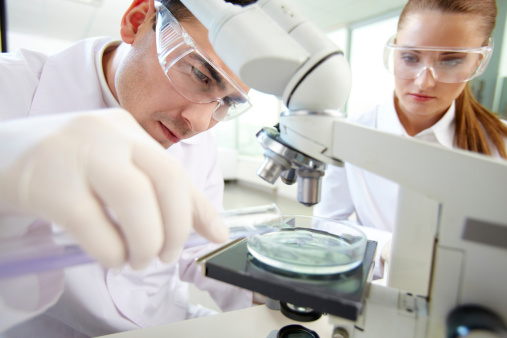 New research recently published in the journal PLOS ONE discusses the evolution of stomach acidity in humans—and how evolving lifestyles can affect the acidity levels in the human stomach.
New research recently published in the journal PLOS ONE discusses the evolution of stomach acidity in humans—and how evolving lifestyles can affect the acidity levels in the human stomach.
High stomach acidity has been beneficial with digestion by helping break down protein so that the body can absorb it. But, why does the human stomach have such high acidity levels? The levels supersede what is needed for digestion and can be rather costly to the body. It requires significant energy to produce the acid and protect the stomach from acid-related damage.
In their observation, the research team investigated the stomach acidities of various birds and mammals that consumed different diets. Researchers wanted to gain a greater understanding of the evolution behind diet and stomach acidities.
They discovered that animals that consume plant-based diets have lower acidity levels in their stomachs; whereas animals that consume other animals have higher stomach acidity levels. However, humans have extremely acidic stomachs, more so than carnivores. The acidity levels can be compared to scavengers—those that consume dead or decaying flesh of an animal.
Humans, having been exposed to various pathogenic bacteria, have likely caused human stomachs to adapt over time. For instance, humans have been exposed to various fecal-oral pathogens that have infected and killed them; thus, human stomachs have evolved to prevent these pathogens from surviving.
Infants, seniors and those who undergo specific medical procedures, such as gastric bypass surgery, are at an increased risk of pathogens infecting them as they have lower acidity levels. People taking antibiotics and babies born from caesarean sections are also at increased risk—as the healthy gut bacteria have been diminished.
Researchers conclude that more research is necessary to understand the patterns behind gut bacteria across various stomach acidities and associated diets.
Source for Today’s Article:
Beasley, D.E., et al., “The evolution of stomach acidity and its relevance to the human microbiome,” PLOS ONE 2015; 10 (7): e0134116 DOI:10.1371/journal.pone.0134116
